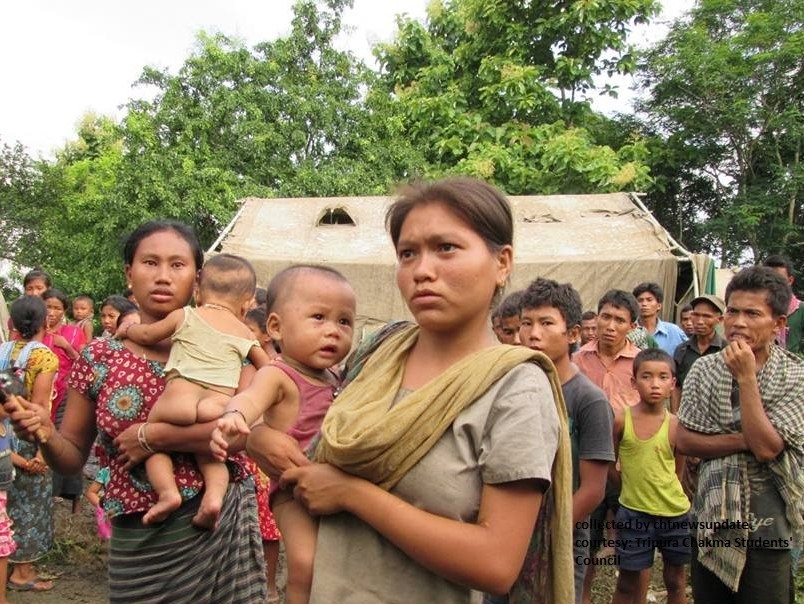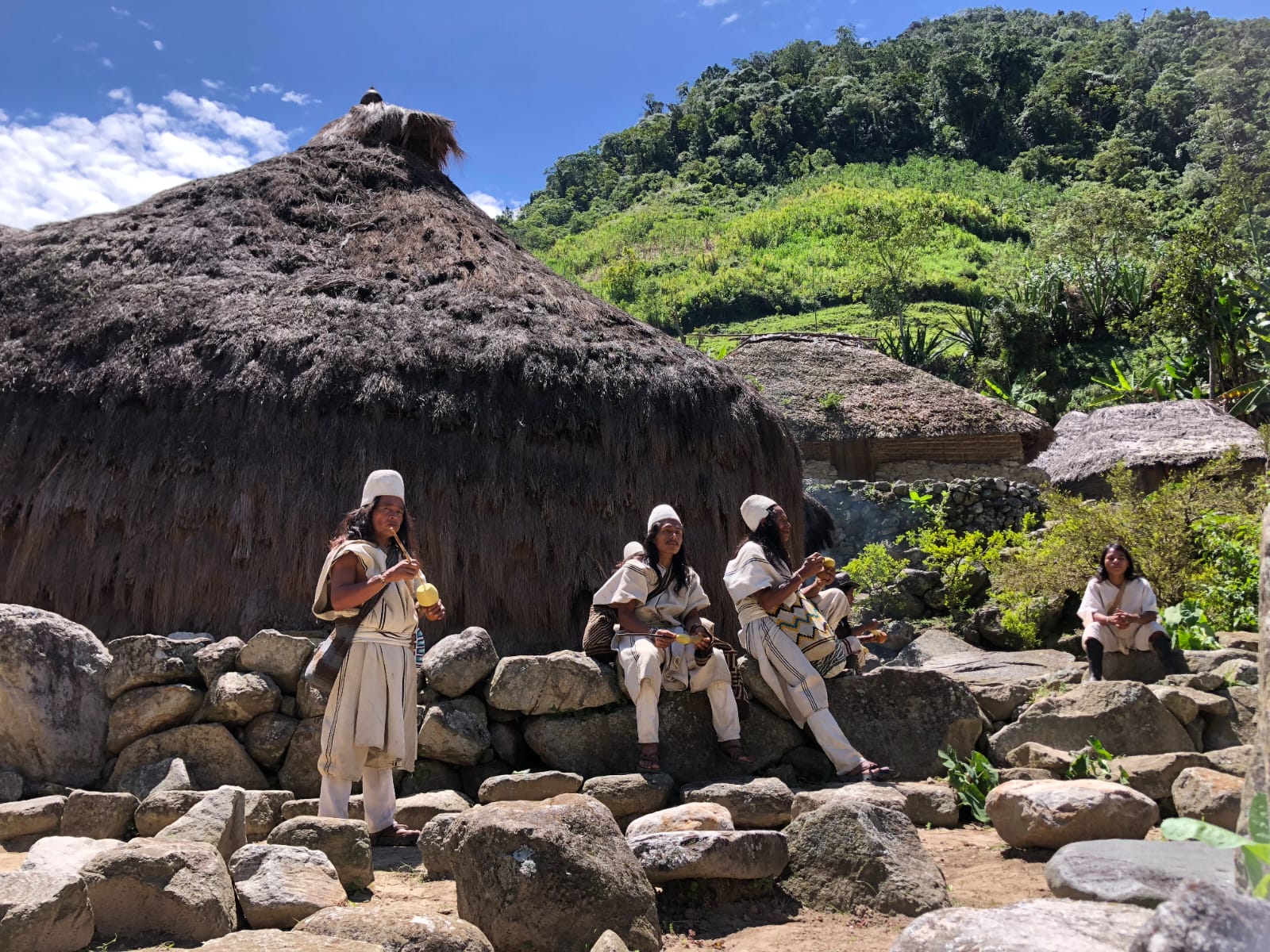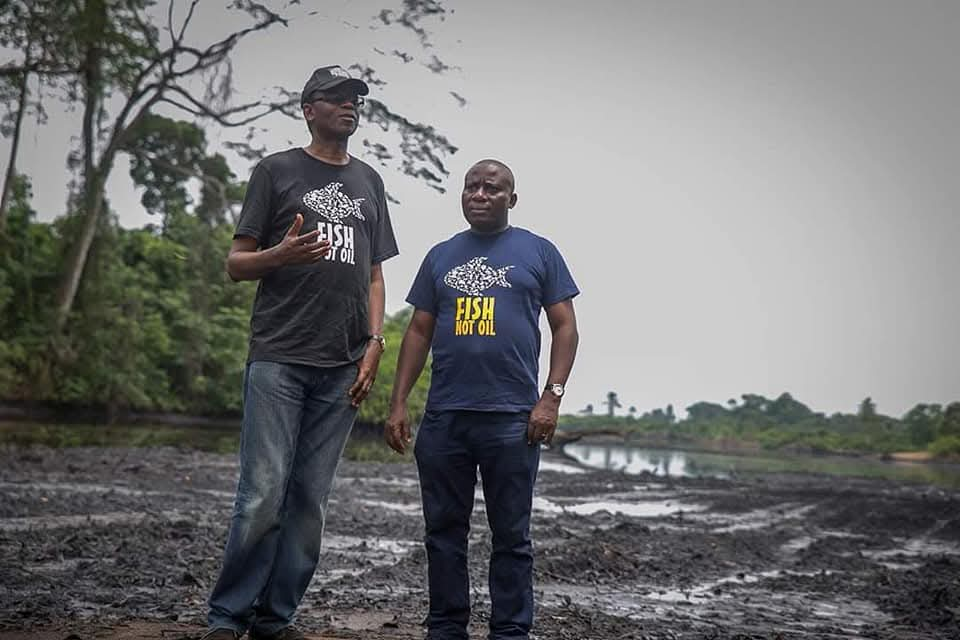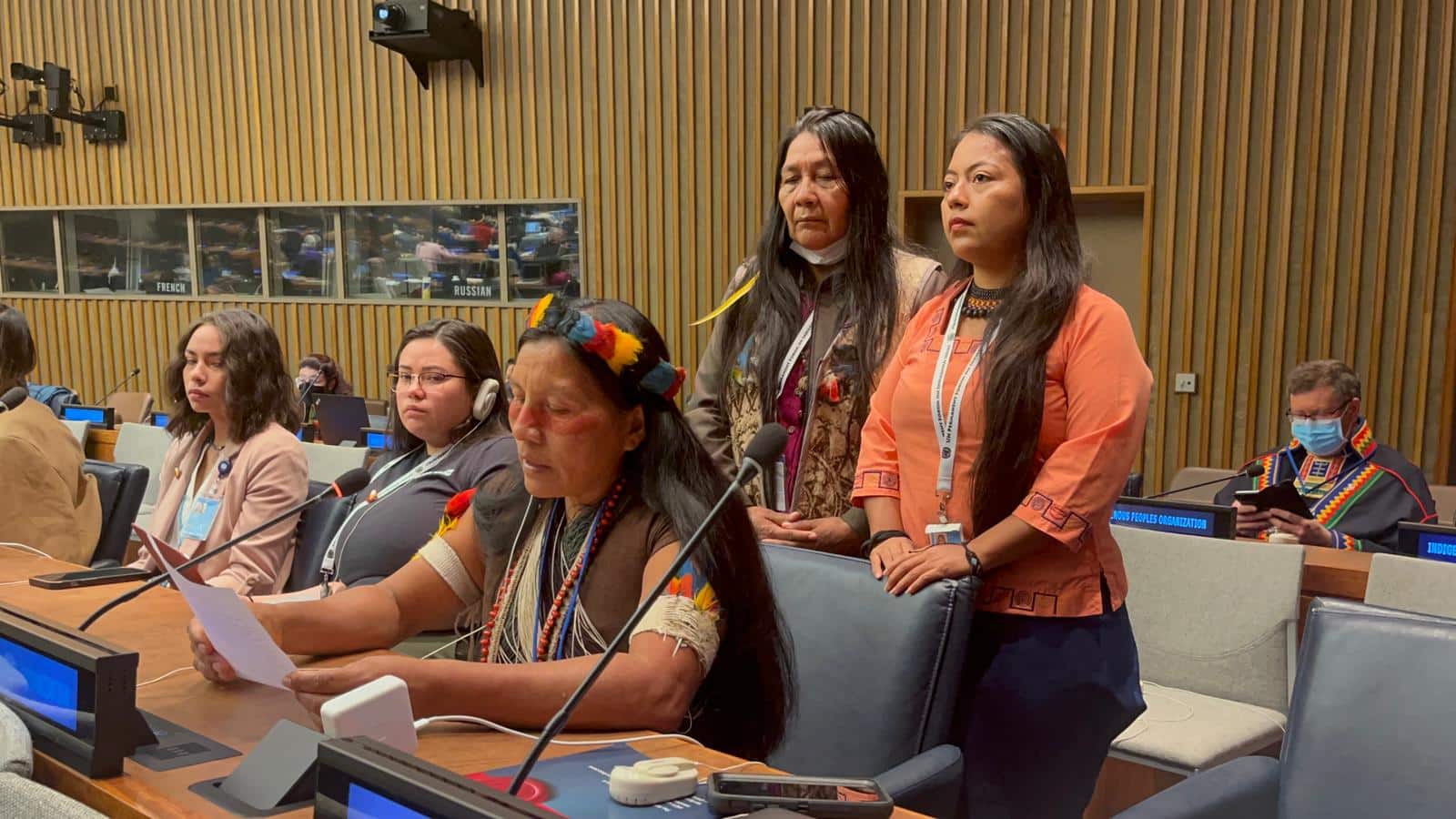Bangladesh may be a rising star, but the voice of its Indigenous Peoples has fallen on deaf ears.
Bangladesh is a rising star on the international stage. Recent visits by French President Macron and Russian Foreign Minister Sergei Lavrov, give testimony to the country’s growing importance. Neighboring India also maintains a keen interest in its neighbor, having taken Bangladesh’s side in its fight for independence from Pakistan in the early 1970’. Chinese President Xi Jinping, also stopped by; no doubt concerned about the fate of the major investments made in Bangladesh as part of its now seemingly stalled Belt and Road Initiative. China is also the country’s major lender, doubtless making India uneasy. For Bangladesh and its ruling Awamy League, however, the sun is shining.
Without getting into too much detail, it seems fair to say things are going well for this Asian nation once judged a ‘basket case’, but now considered something of an economic miracle. Internally, however, there are major issues to be resolved. One is the fate of the Chittagong Hill Tracts, (CHT), an area in the center of the country traditionally populated by Indigenous minorities. Many of these Peoples, collectively known as Jummas, still manage their lands collectively, but now find these traditional systems threatened by extractive projects and a tourism industry in which the military has major interests.
At one point, the Awami League appeared concerned about the CHT and the fate of its peoples, signing the Chittagong Hills Accord after 20 years of armed conflict. The document would have given Indigenous Peoples a large amount of control over their territories and systems of government, and was also widely celebrated for putting an end to the fighting. These were optimistic times in the CHT. However, some twenty-seven years later, the accord has not been implemented; somewhere along the line, the Awami League changed its mind.
What led to the change of heart is not clear, but whatever the motives might have been, the fate of the CHT and its Indigenous Peoples remains fragile. What is clear, is that as the possibility the Accord will be implemented diminishes, their insecurity increases.To illustrate the problem, in an area once almost entirely populated by Indigenous Peoples, Bengalis, who form 98% of the country’s principal ethnicity now form almost half the inhabitants.
The military has long been accused of engineering population change. And during the 1970s and 1980s it did just that, instituting measures that would change the demographic makeup of the CHT. According to the International Working Group for Indigenous Affairs (IWGIA), more than 400,000 landless Bengalis were settled in the area, while thousands of Indigenous People were forced to leave their homes. They were perhaps the lucky ones; thousands more were killed by the military itself.
The human rights abuses continued into the late eighties and early nineties, and as a result, 70,000 Jummas, about 10% of the total Jumma population, were forced to flee and seek shelter in the Indian state of Tripura.
The country’s 1900 regulation, instituted in 1900 during the British colonial period, is now the only legislation that affords protection to the area’s Indigenous Peoples. But that Regulation is also under attack; it is now being challenged in the courts, according to some sources at the behest of the armed forces. If the legislation is invalidated, traditional forms of land management will inevitably disappear, the way will be clear for outsiders to legally buy land in the Hill Tracts, and the battle will be almost over.
Who is interested in the Chittagong Hill Tracts?
Few it seems. Bangladesh may have made huge economic strides since its founding in 1972, and is now courted by the great powers, but the fate of the country’s Indigenous Peoples, and the Hill Tracts themselves, is on no one’s list of priorities.
This is certainly true of Prime Minister Sheik Hassina, and her Awami League, recently returned to power for a fourth consecutive five year period. The victory was anticipated, in part because the Bangladesh National Party (BNP) boycotted the vote, and in part because even if it hadn’t, the victory of the Awami League, long suspected of electoral manipulation, was simply ‘expected’. Hence the boycott, and the jailing of thousands of opposition party members.The Government, which charged itself with the supervision of the vote, even went as far as to convict Nobel Peace Prize winner Muhammad Yunus, of violating labor laws. Yunus is the founder of the Grameen Bank, and one of the major advocates of microcredit, a factor many credit with stimulating Bangladesh’s economic turnaround.
As the country’s de facto government, the military is also unlikely to change its stance. A brief analysis suggests their interests are not served by an area that has important tourism potential, but is not entirely under their control. Binota Doy Dhamai, former Chair-Rapporteur of the UN Expert Mechanism on the Rights of Indigenous Peoples, quipped that what exists in the CHT today is a ‘Military Touristic Complex’. The area is also serves as a training ground for the army. Experience gained there can be helpful when Bangladeshi soldiers take part in UN Peacekeeping forces; the country is the second largest contributor of military personnel to these initiatives. As a bonus, the missions bring in money, for both the country and the soldiers themselves.
So apart from the Indigenous Peoples and those with an interest in their lands, in Bangladesh no one is much interested in the fate of the area, and if they are, they generally keep quiet about it for fear of reprisals. Many critics have already left for India and other more amenable countries. Externally, there may be concern, mainly at the office of the UN Special Rapporteur on the Rights of Indigenous Peoples, and amongst International NGOs, but these have little power in Bangladesh despite the major contribution they made to the country’s dramatic recovery. For their part, diplomatic missions mentioned above are unlikely to be so indiscreet as to mention what is deemed a small matter in a small area of a sought after country. Geopolitics trumps all.
The seemingly forgotten Chittagong Hill Tracts and its Indigenous Peoples, are facing an extremely bleak future.
Text: Gerard Coffey
Foto: intercontinentalcry.org




